With 232 pages and an expanded 12″ by 12″ format, our biggest print issue yet celebrates the people, places, music, and art of our hometown, including cover features on David Lynch, Nipsey Hussle, Syd, and Phoebe Bridgers’ Saddest Factory Records, plus Brian Wilson, Cuco, Ty Segall, Lord Huron, Remi Wolf, The Doors, the art of RISK, Taz, Estevan Oriol, Kii Arens, and Edward Colver, and so much more.




Photo by Michael Muller. Image design by Gene Bresler at Catch Light Digital. Cobver design by Jerome Curchod.
Phoebe Bridgers makeup: Jenna Nelson (using Smashbox Cosmetics)
Phoebe Bridgers hair: Lauren Palmer-Smith
MUNA hair/makeup: Caitlin Wronski
The Los Angeles Issue
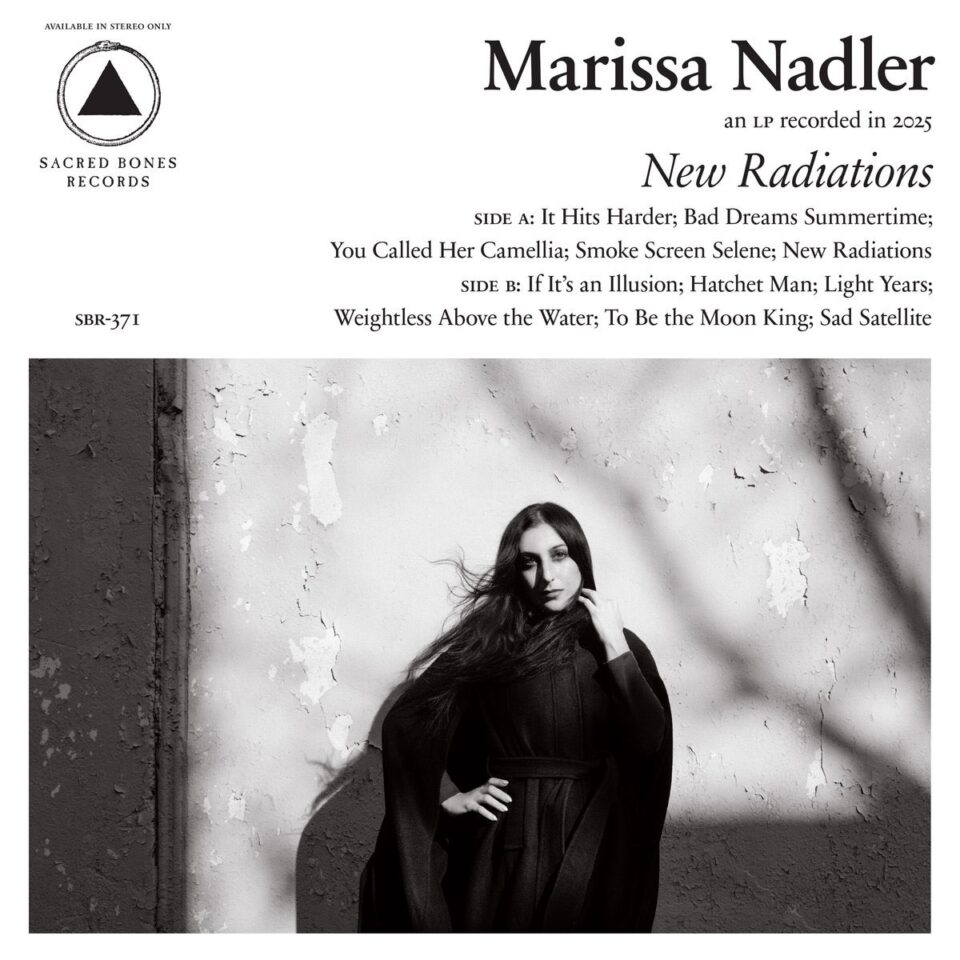
Marissa Nadler, New Radiations
The gothic songwriter’s latest collection of bad-dream vignettes feels like a return to the mold she was cast in as she wrestles with the current state of her country through obscured lyrics.
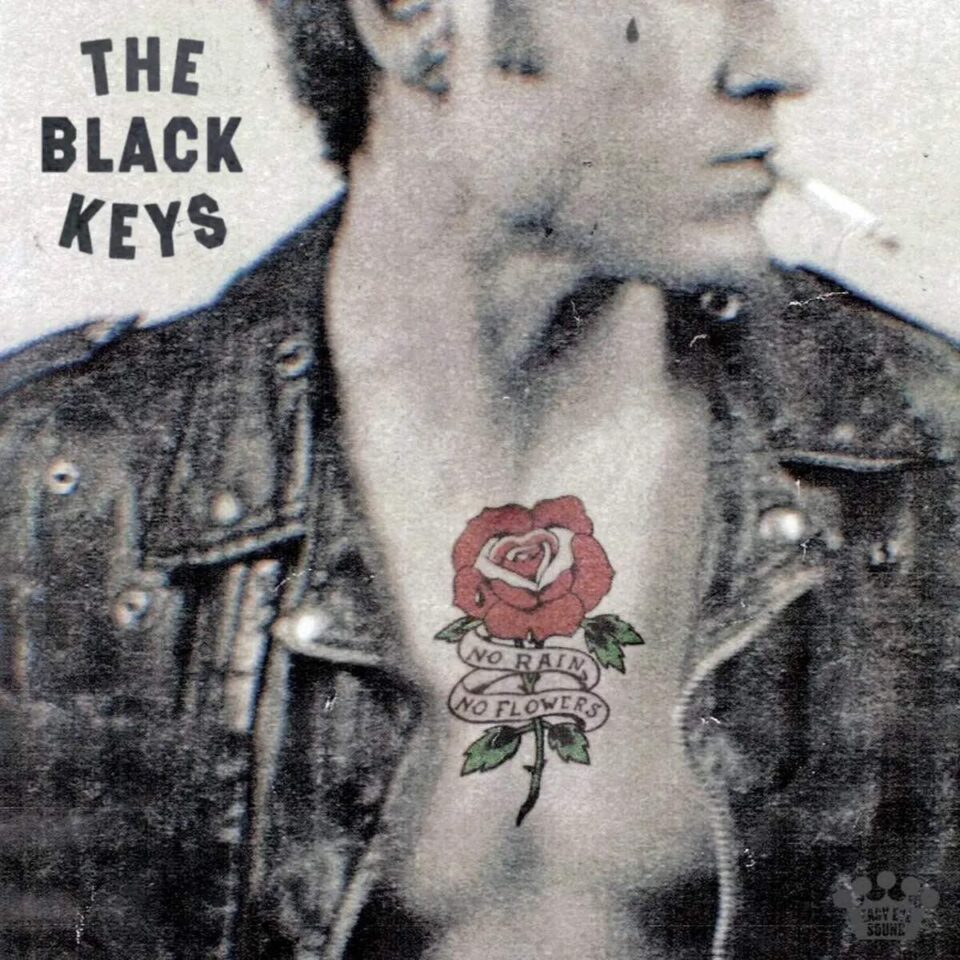
The Black Keys, No Rain, No Flowers
The blues-rock duo sifts through wreckage in search of meaning and growth on their 13th album only to come up with answers that are every bit as pat and saccharine as the title suggests.
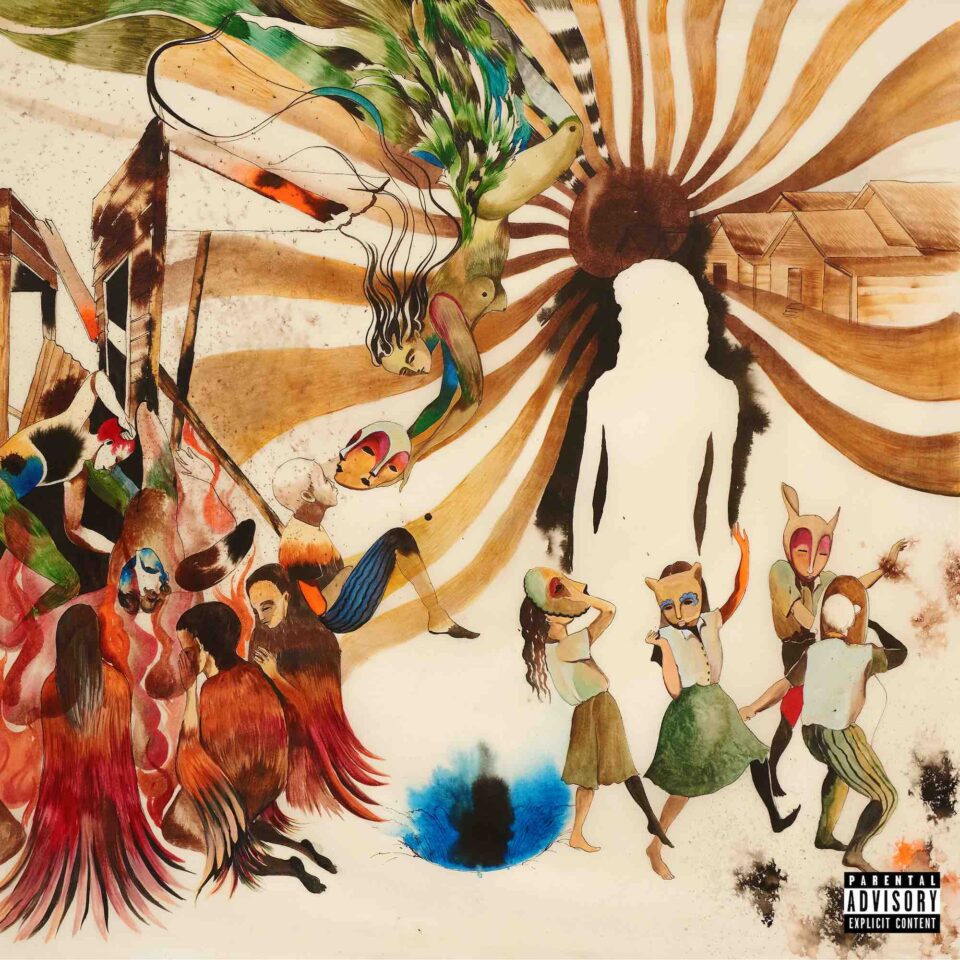
JID, God Does Like Ugly
After 15 years of writing and developing verses, the Dreamville rapper has become a master of the form on his fourth album as he finds resolution and comes to recognize his purpose.
A.D. Amorosi
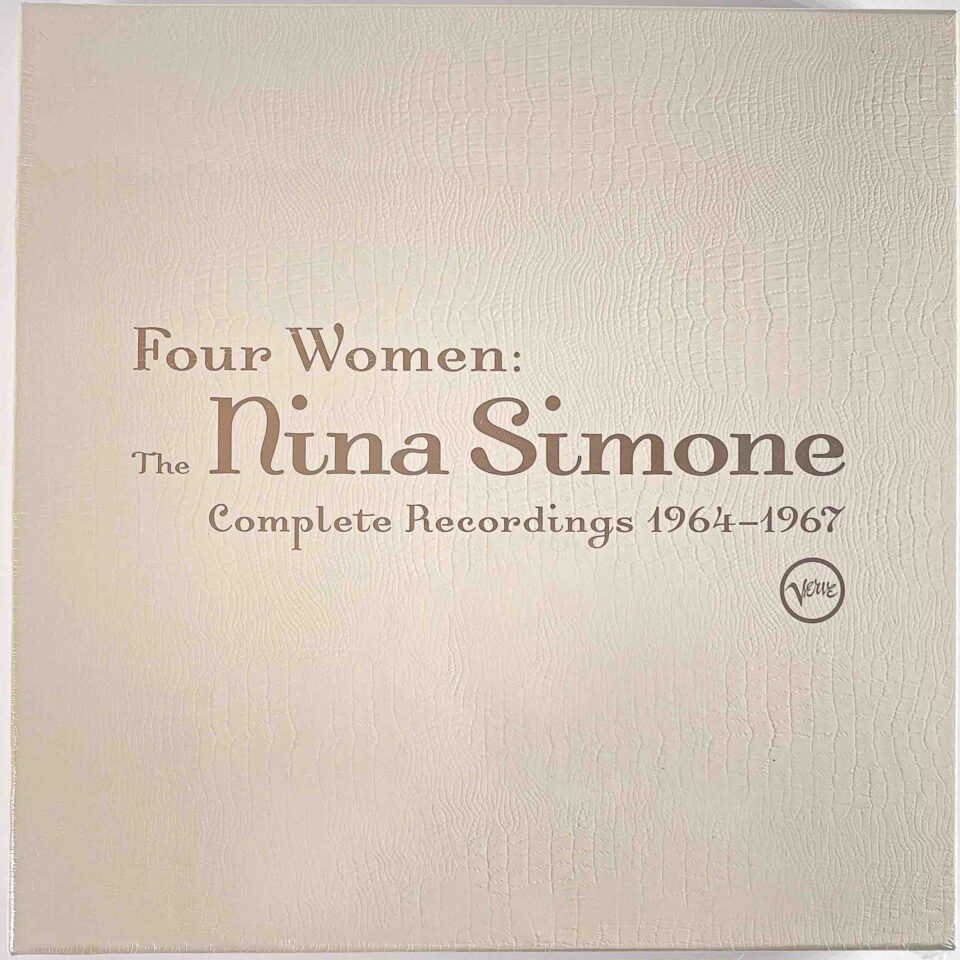
Everything that defined Simone stems from these seven foundational albums, as her time at the Phillips label highlighted the sultry, soulful, and socially protesting heights of her music.
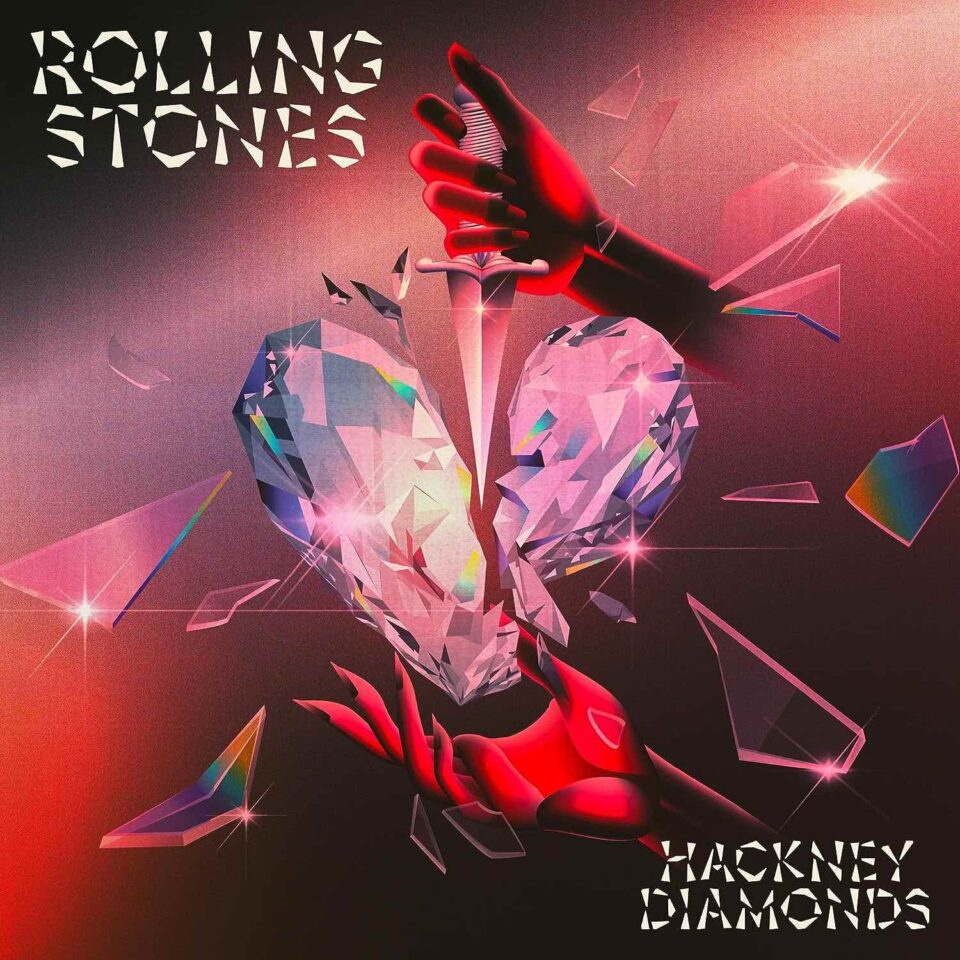
The tales told within the rock icons’ first new set of songs since 2005 speak to age and rage in a fashion that keeps them away from post-millennial blather or elder laments.
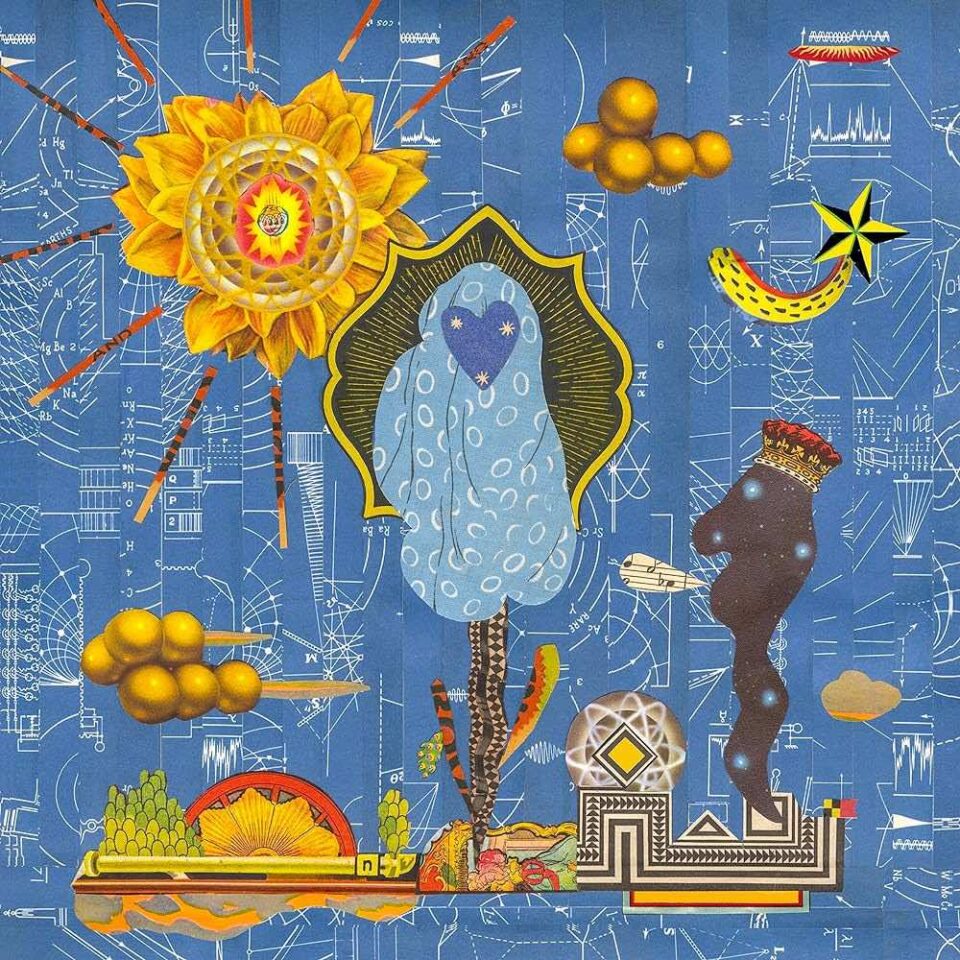
The Virginian quintet show off their love of warm, funky jazz and unpredictable fusion-electro while welcoming a team of alt-rap giants into the fold.

This third volume of Mitchell’s Archives series presents an artist’s sketchbook in full: the blossoming of fresh lyrics, vivid arrangements, and a more expansive vocal prowess.
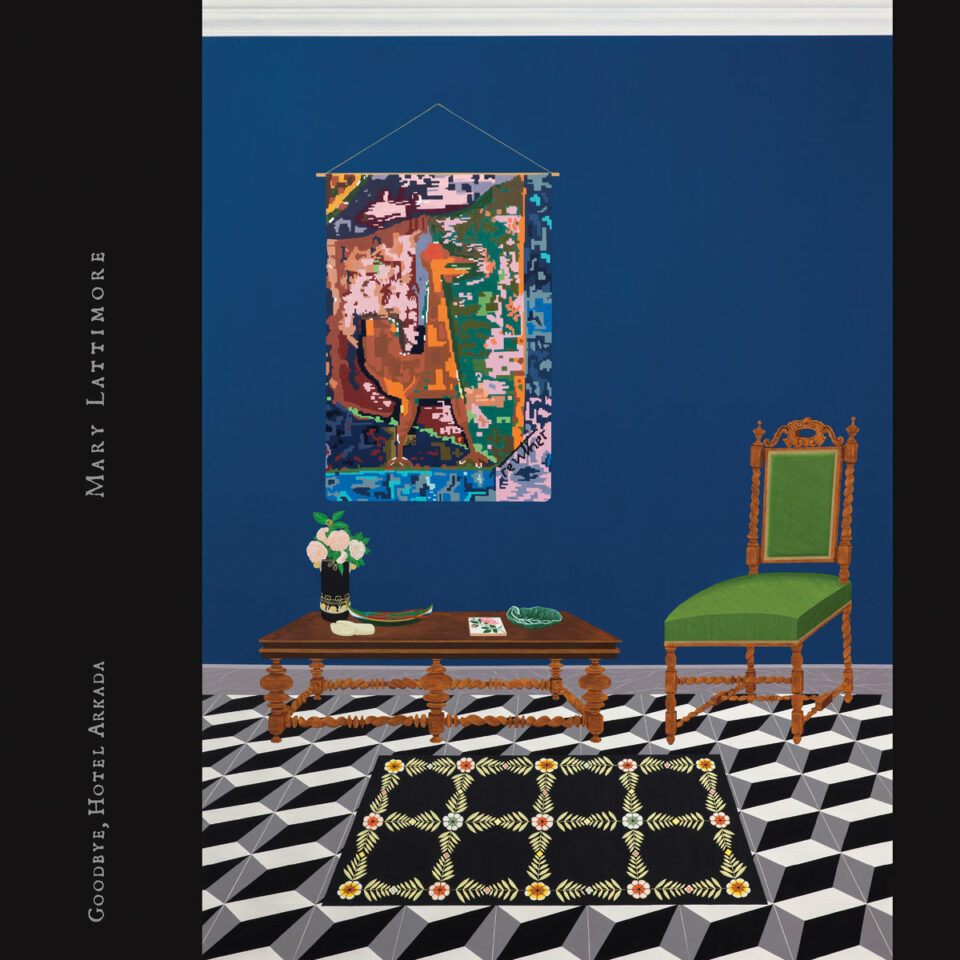
On her fifth solo LP, the experimental harpist, composer, and vocalist finds uneasy solace in the shoegaze sound and goth gauziness of the late ’80s.
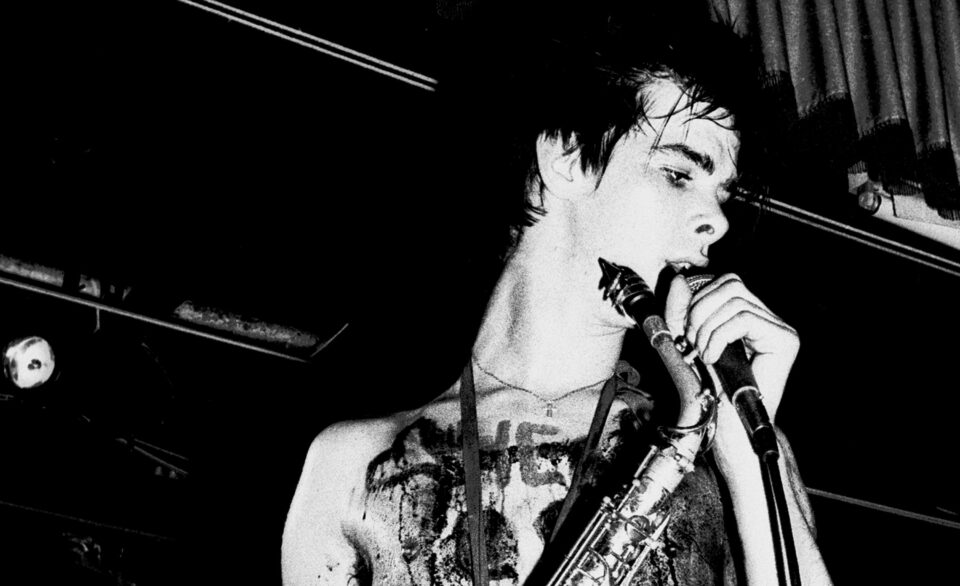
The Birthday Party; Tivoli Hotel; Adelaide; Jan 1981
The new Ian White–directed film portrays Nick Cave’s post-punk noise act during their fast, furious flame out between 1977 and 1983.
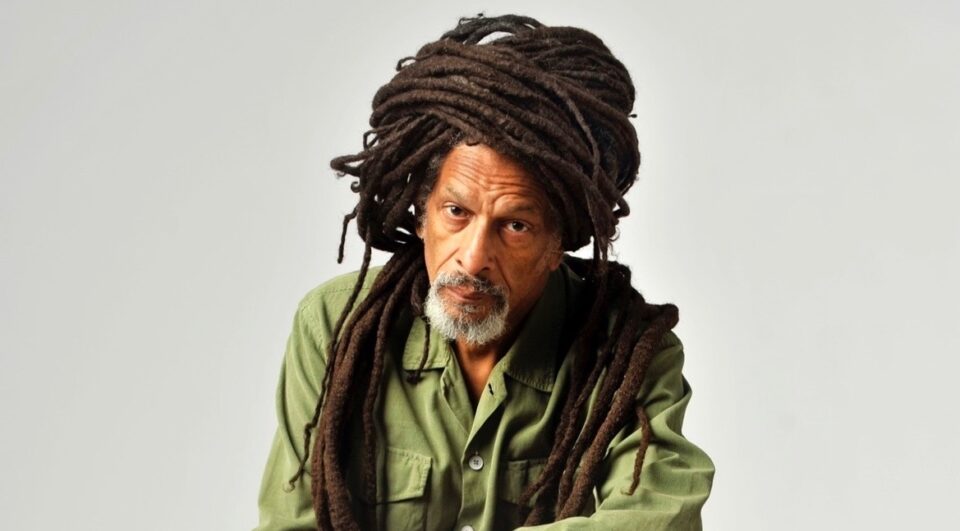
The musician, filmmaker, artist, and taste-maker discusses his debut solo album Outta Sync—and the lifetime of creative projects that preceded it.
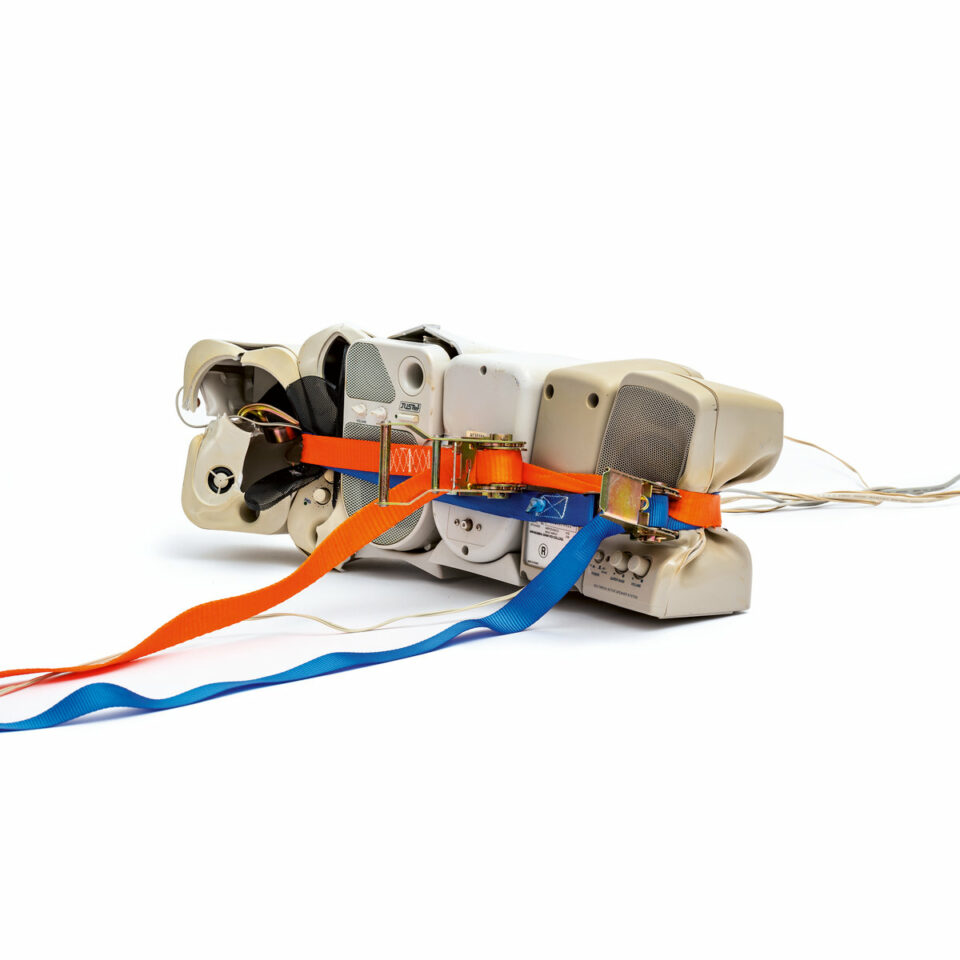
Daniel Lopatin’s “speculatively autobiographical” tenth album marries a handful of his past styles, soulful vibes, and sample tricks into one future-forward, frothing, fluid stream of sound.
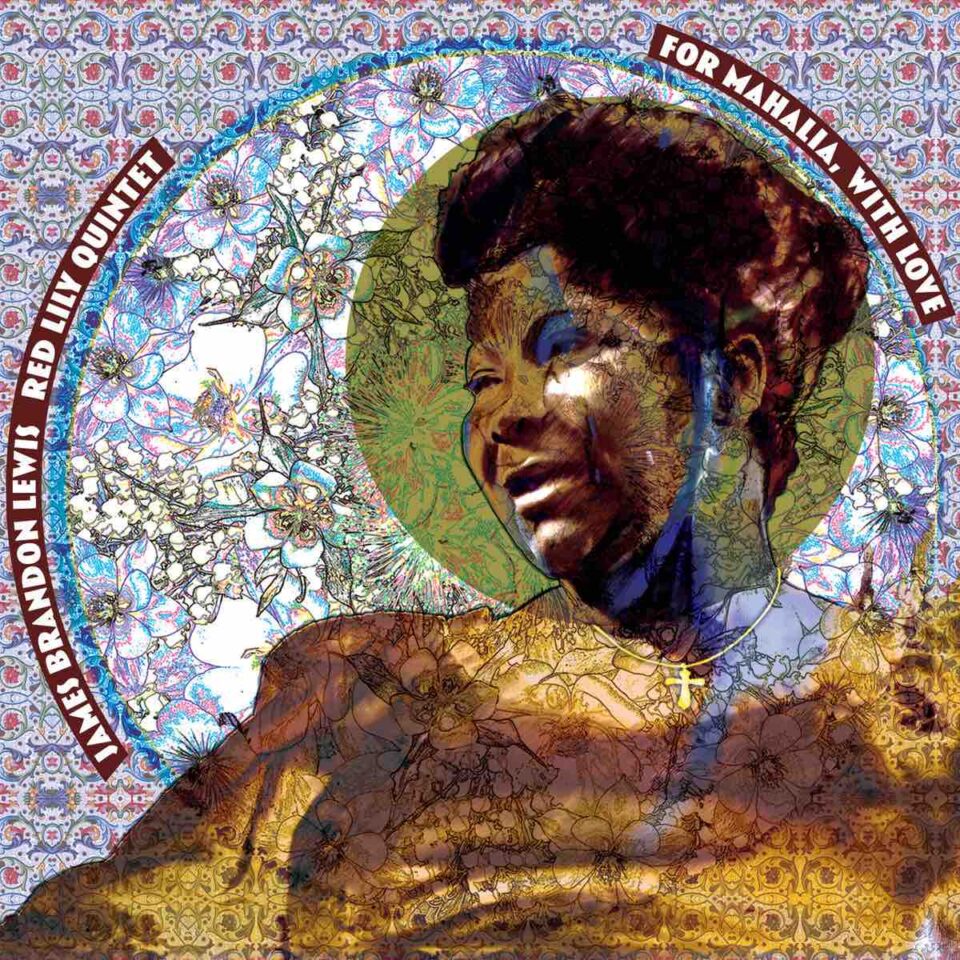
The jazz saxophonist sets his sights on gospel legend Mahalia Jackson with a holy, avant-garde litany of spiritually enhanced songs equally inspired by Coleman and Mingus.
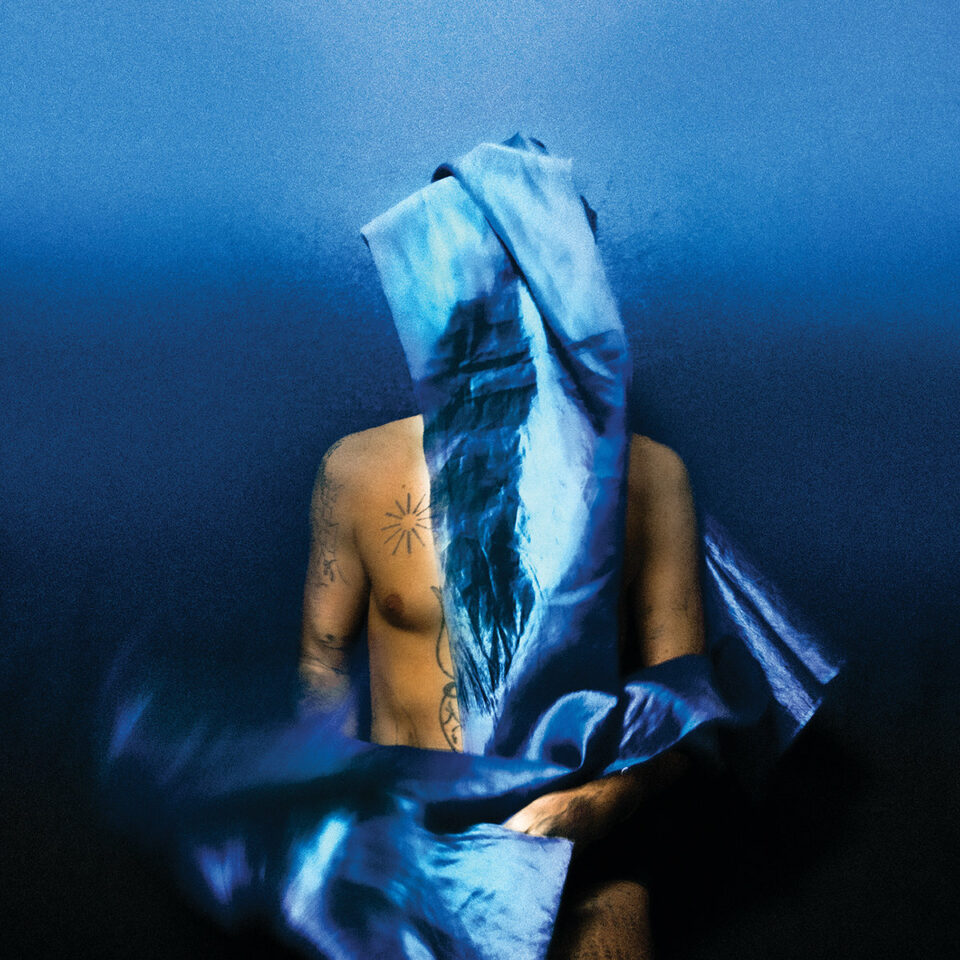
With the aid of producer Cate Le Bon, the psych-folk songwriter’s Mexican Summer debut swaps crinkly textures for something uncharacteristically glossy.
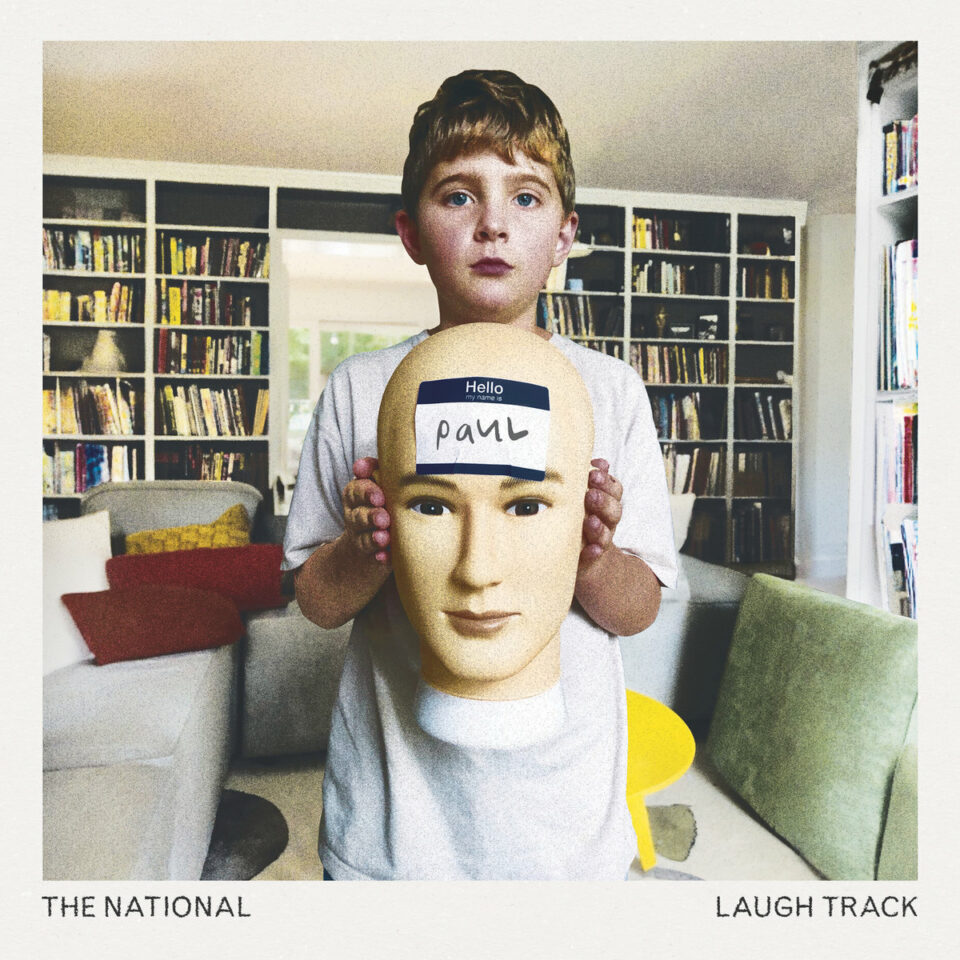
The band’s surprise-released companion piece to First Two Pages of Frankenstein is the lonely monster’s book’s end—dogeared and bleaker, but somehow more dynamic.
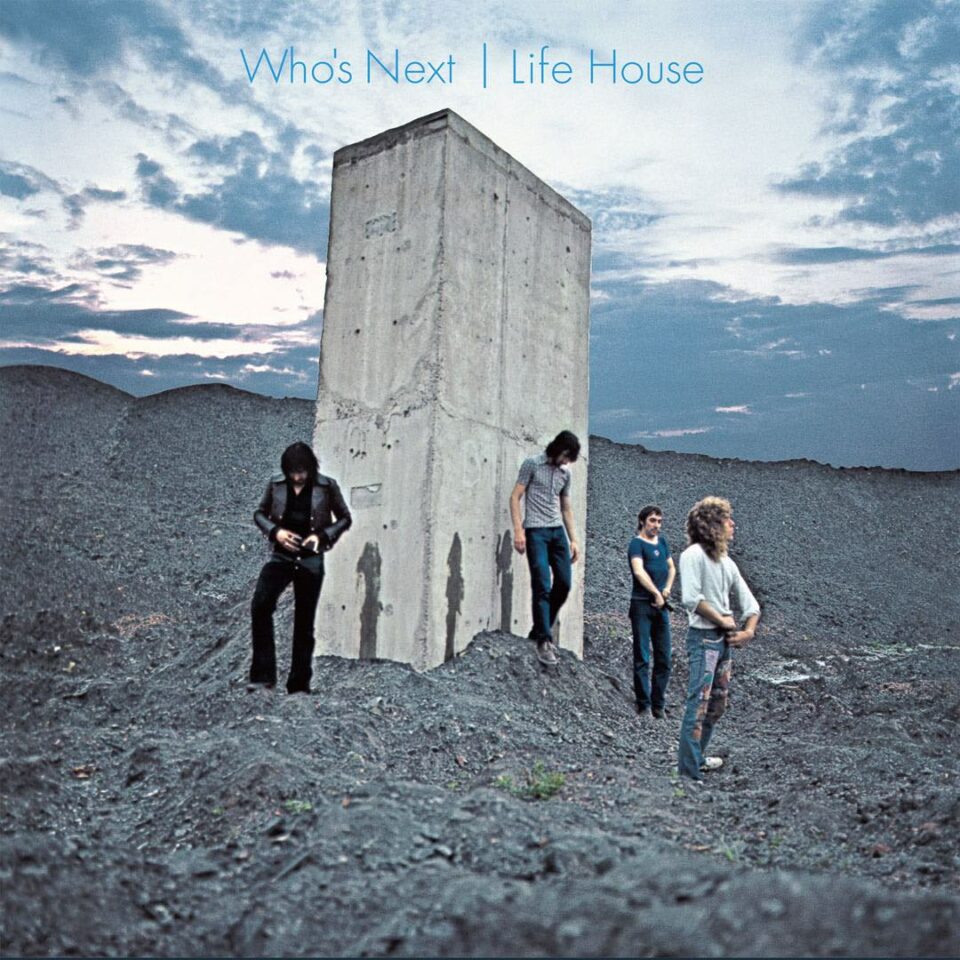
The goal of this reissue of the band’s iconic 1971 LP is to fully present Townshend’s vision for the deity-driven conceptual production it replaced.
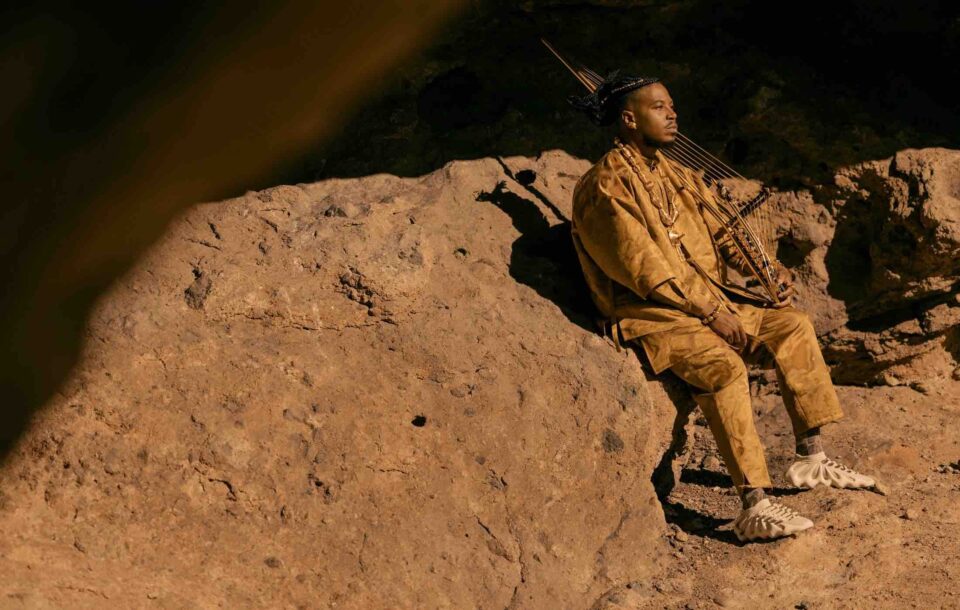
The trumpeter-composer formerly known as Christian Scott talks creating new worlds—and more new instruments—with his latest album Bark Out Thunder Roar Out Lightning.
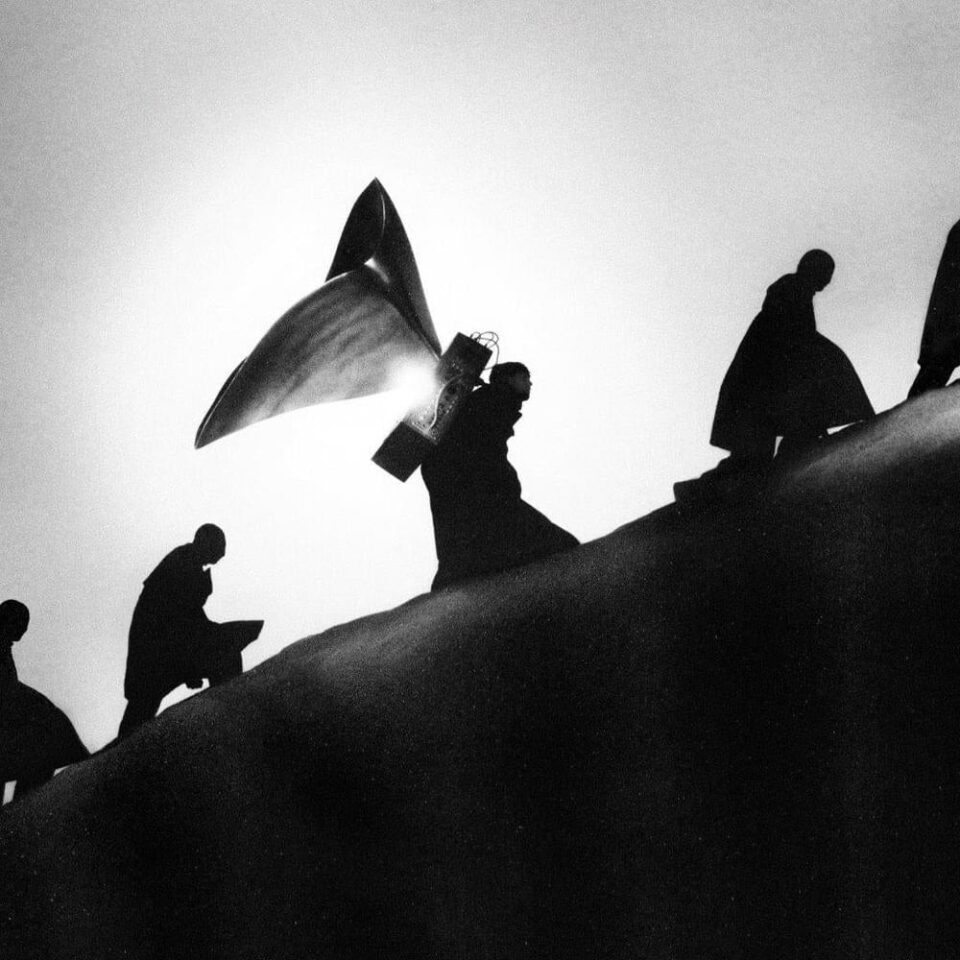
On his sixth record, the analog-electronic atmosphere ace returns to the creepy, glitchy instrumentalism and blip-breezy softcore dubstep that got him here in the first place.
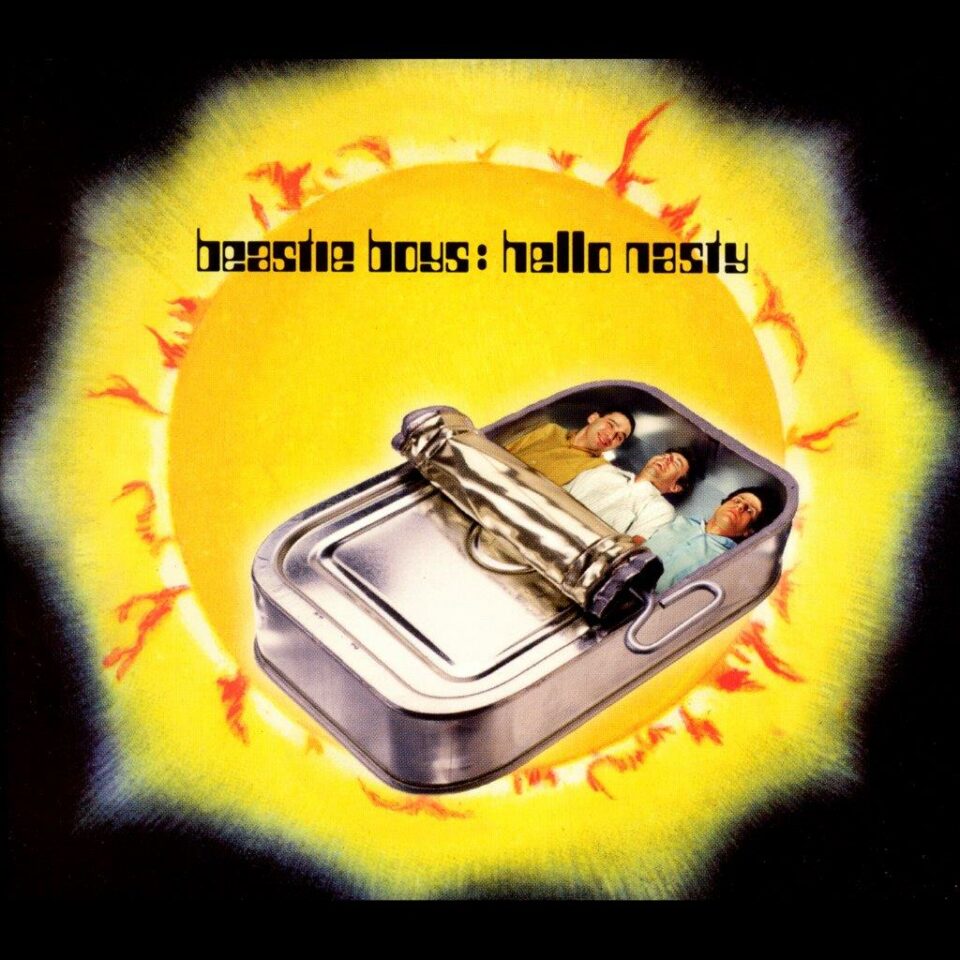
The Beasties’ 1998 future-forward, mid-career opus gets expanded into a four-LP box set with rarities, remixes, a coffee table book, and more for its 25th anniversary.
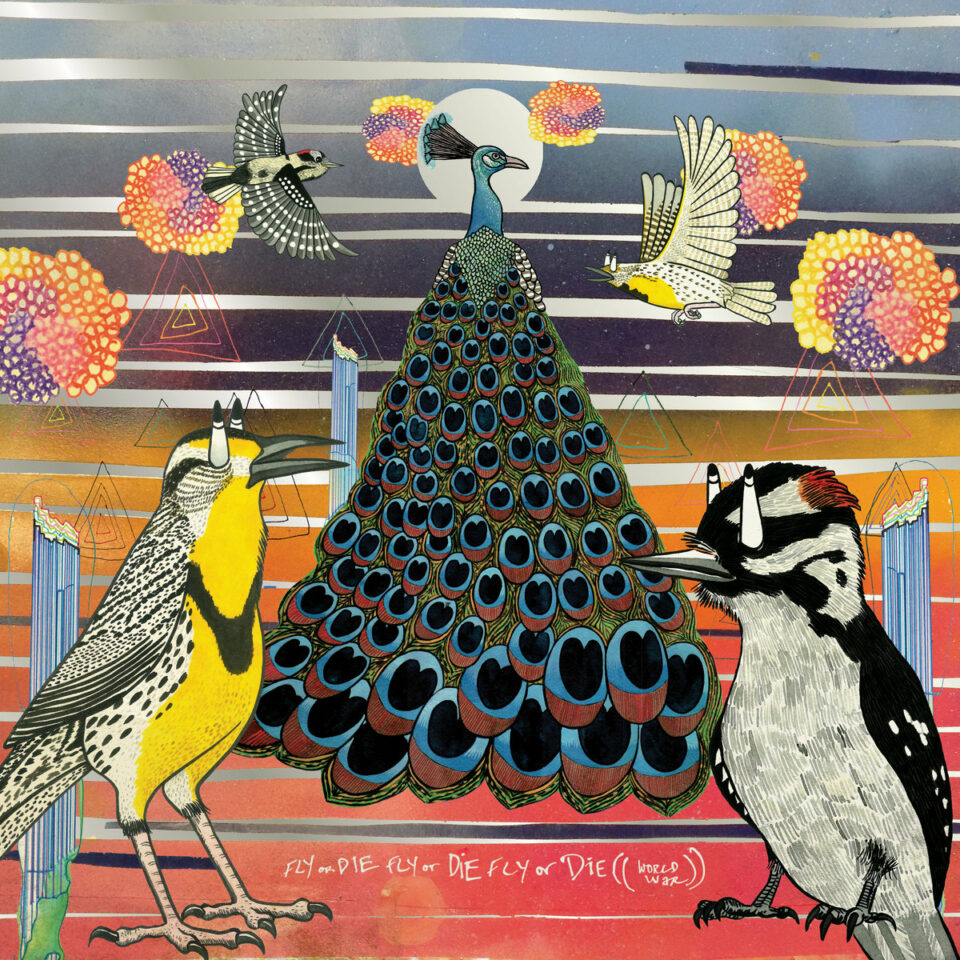
The trumpeter and composer’s posthumous third album seamlessly blends free improvs with a psych-punkish vibe, Latin rhythms, and an opulent sense of string-driven harmonics.
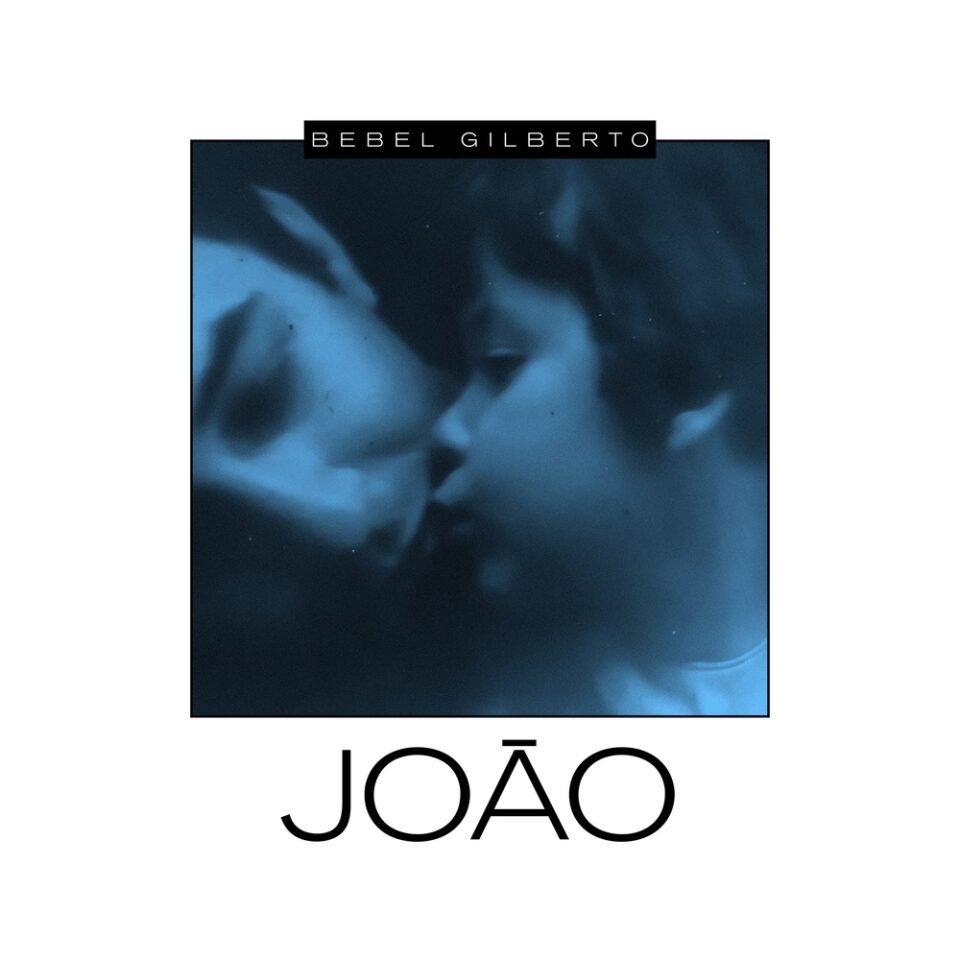
The daughter of João Gilberto takes back her heritage with a tribute to her father that retains the spare, skeletal qualities of her own best electronic-laced work.
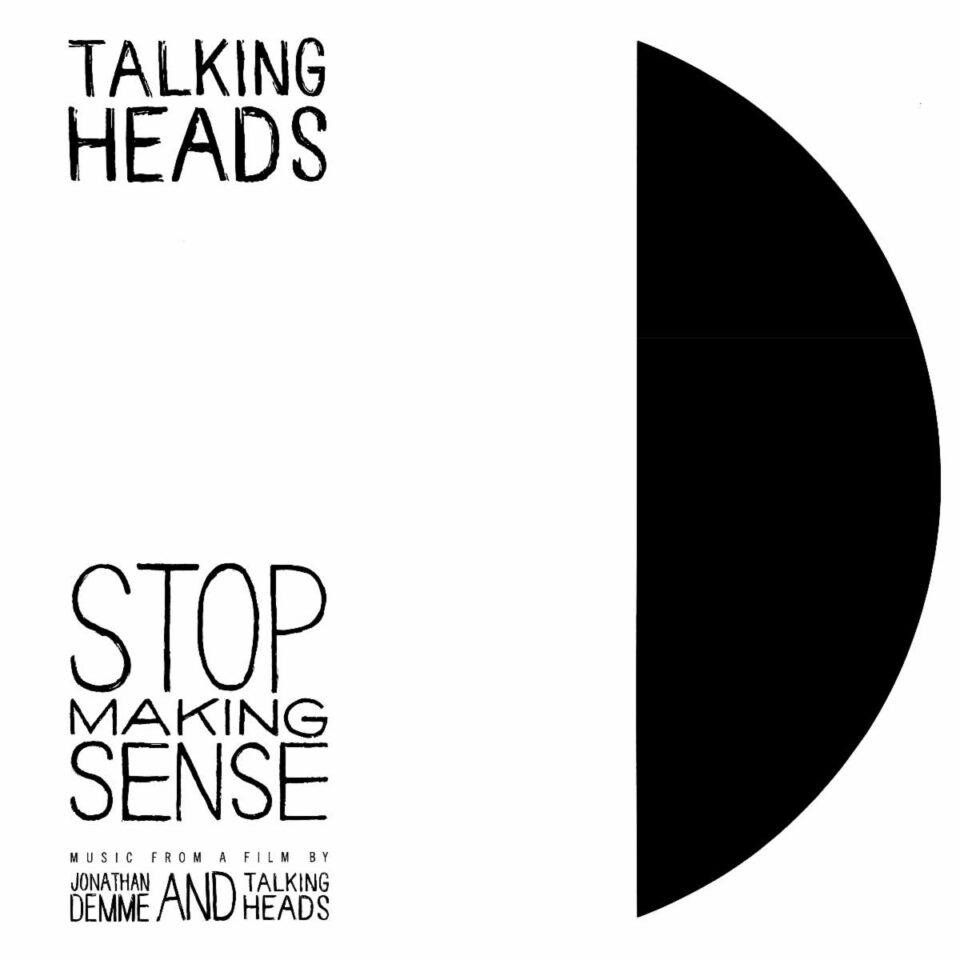
Re-released with additional live tracks for its 40th anniversary, the soundtrack to Jonathan Demme’s concert film portrays the band’s command of frenetic rhythm and liquid ambience joined for something uniquely forceful and offbeat.
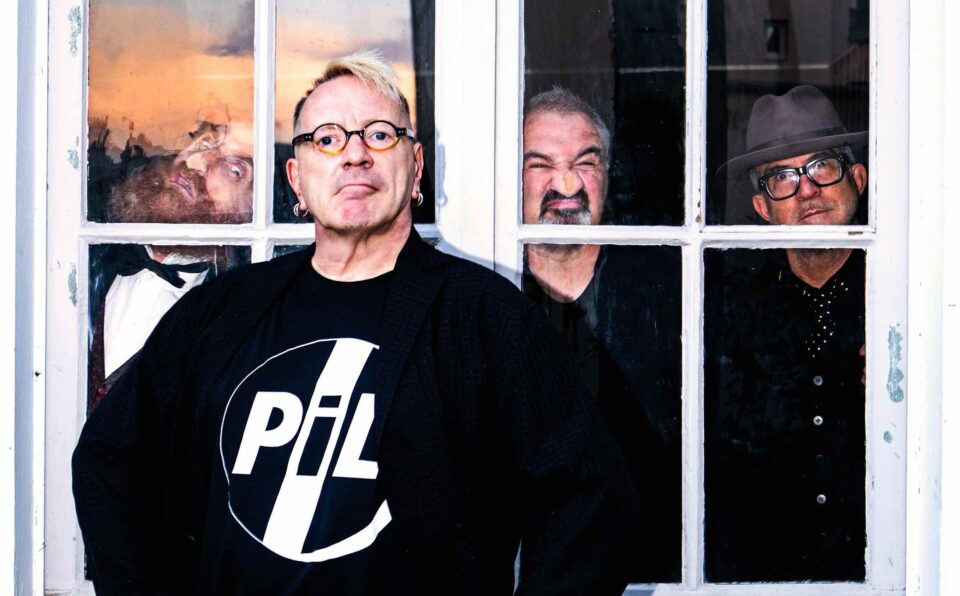
John Lydon discusses the heavy themes at the center of his post-punk project’s 11th album, End of World.
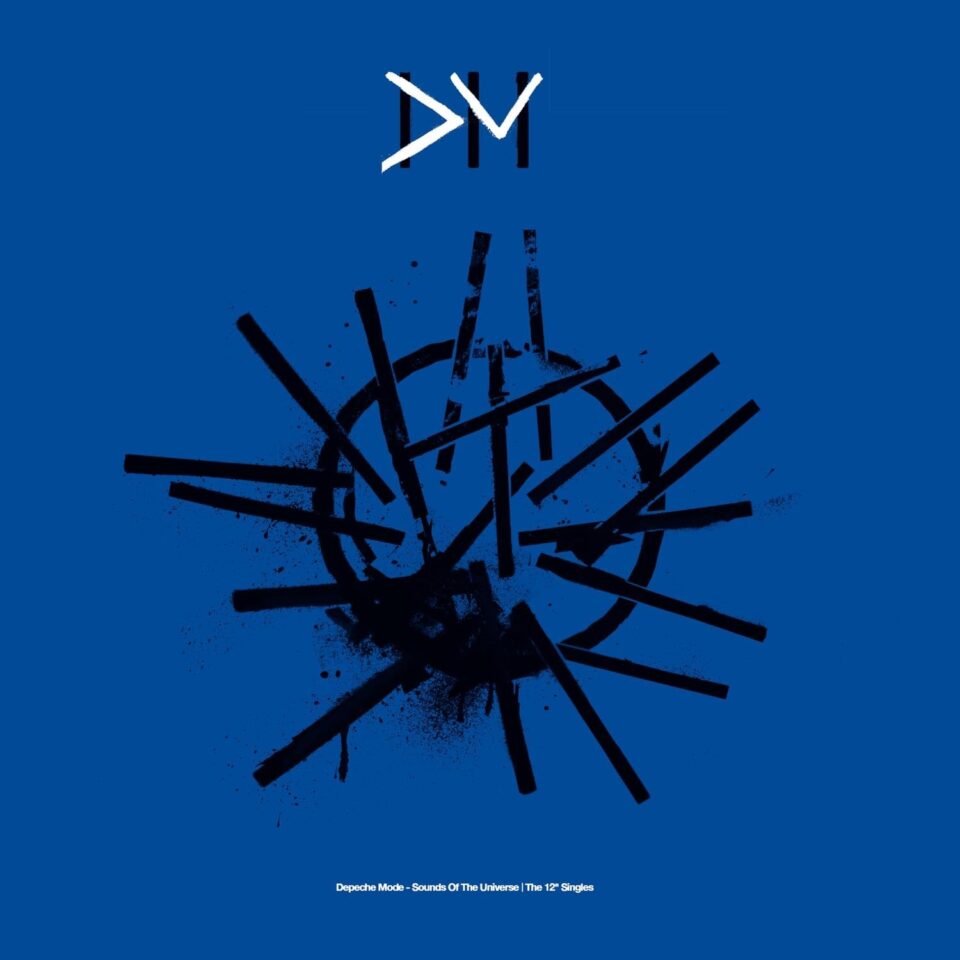
The new singles/remix collection from the band’s 2009 LP sounds surprisingly modern—glossy in spots, but with a sense of sweaty edginess necessary for the dancefloor.

